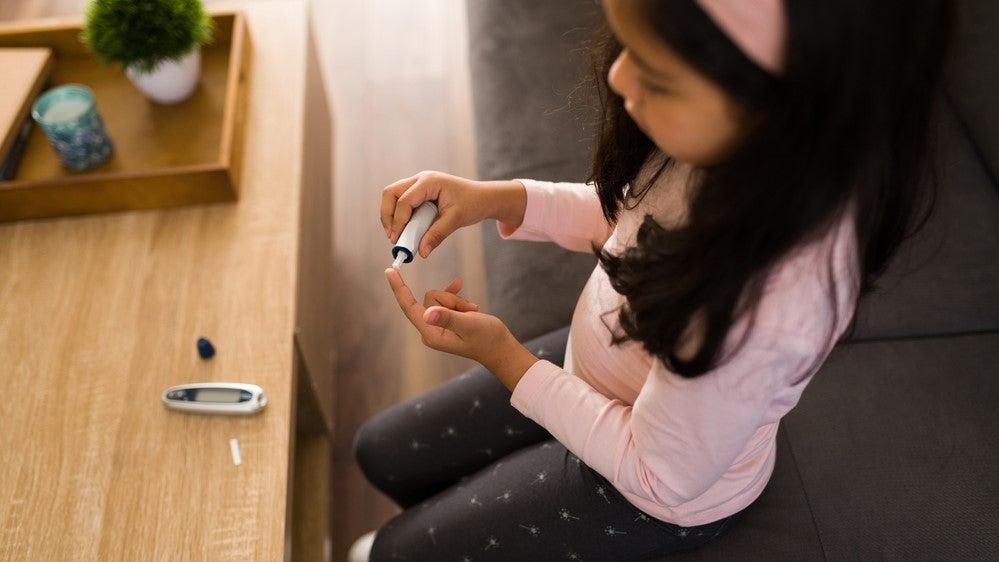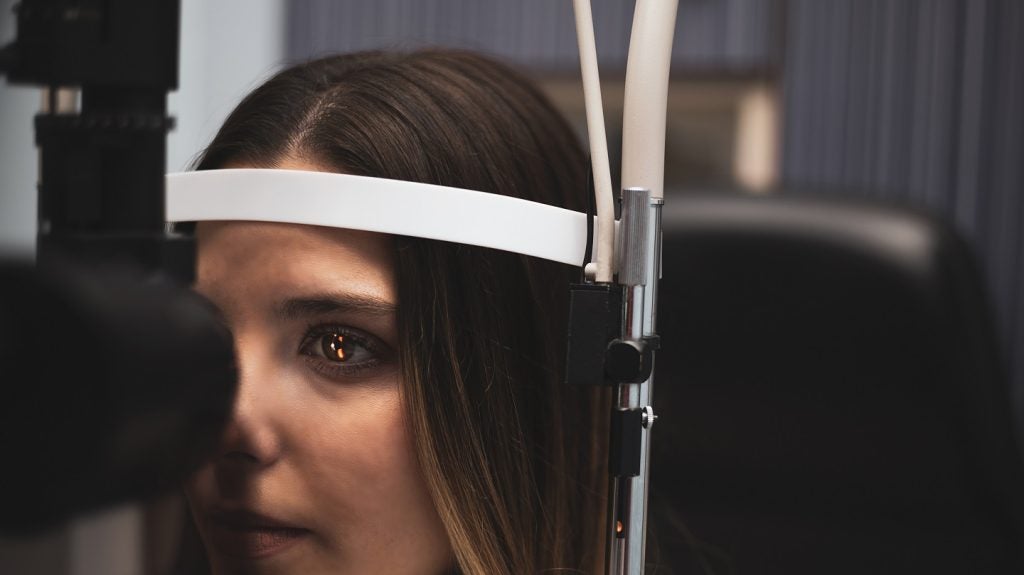Sandoz is planning to file for regulatory approval in the US and EU for its Eylea (aflibercept) biosimilar in the next few months.
In Q2 2023, Sandoz generated $2.4bn from biosimilar sales. To that end, the company has plans to launch four high-profile biosimilars, including Eylea, and increase their access over the coming years as part of its Act4Biosimilars initiative, especially as it is expected to split completely from its parent company Novartis by the end of 2023.
The approval for the biosimilar would be based on the randomised Phase III trial (NCT04864834) showing the non-inferiority of the biosimilar compared to Bayer and Regeneron’s Eylea in wet age-related macular degeneration (wAMD).
The study’s primary endpoint was met when it showed the mean change in best corrected visual acuity (BCVA) at week eight, compared to baseline, was similar for both therapies.
Additionally, there was no reported difference in the safety, immunogenicity, and pharmacokinetics between the two therapies.
Eylea is a vascular endothelial growth factor (VEGF) inhibitor that has been approved in the US for multiple indications, including wAMD, macular oedema following retinal vein occlusion, diabetic macular oedema (DME), and retinopathy of prematurity in adult and paediatric populations.
In a press release, Sandoz chief scientific officer Claire D’Abreu-Hayling said: “This important milestone, confirming the therapeutic equivalence of the biosimilar aflibercept with the reference biologic, takes us one step closer to providing patients with a key treatment in an area of high unmet need within ophthalmology.
“It also underscores our ability to provide high-quality, affordable biologics to individuals to help the treatment of their disease and highlights the rich Sandoz pipeline of biologics.”
Multiple Eylea biosimilars are in the pre-registration clinical development for multiple indications, including Amgen’s biosimilar and Samsung Bioepis’ biosimilar for wAMD, Johnson & Johnson’s biosimilar for DME, and Amgen’s biosimilar for macular oedema.
Other biosimilars in Sandoz’s catalogue include the Tysabri (natalizumab) biosimilar for relapse-remitting multiple sclerosis (RRMS), the Hyrimoz (adalimumab) biosimilar for rheumatoid arthritis and other indications, and the Denosumab biosimilar for post-menopausal women.















